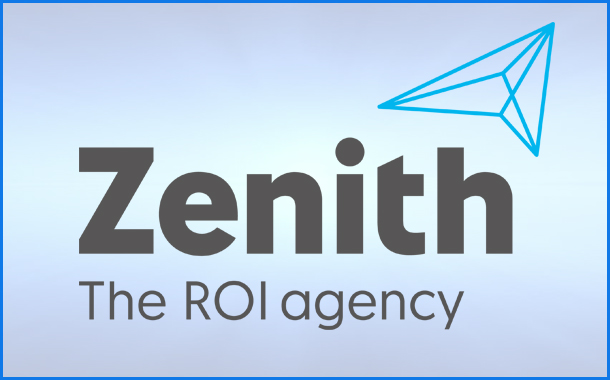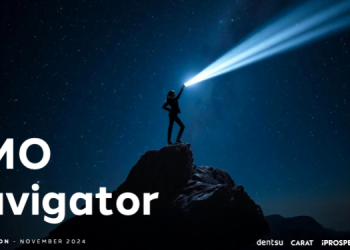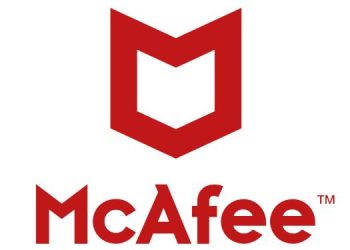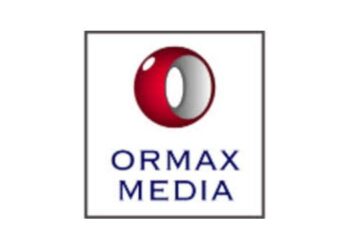Two thirds of the world’s digital display advertising (67%) will be traded programmatically by 2019, up from 59% in 2017, according to Zenith’s Programmatic Marketing Forecasts, published today. The value of advertising sold programmatically will rise from US$57.5bn in 2017 to US$84.9bn in 2019, growing at an average rate of 21% a year.
Programmatic trading has evolved far from its roots of building cheap coverage from remnant inventory. It now often occurs in premium environments, using private deals in which agencies can use their scale and relationship with publishers to ensure their clients ads are displayed in the right place and at the right price.
The key to success is the ability to create unique data sets that deliver unique competitive advantages, usually based on first-party data or data partnerships, and to apply these datasets to tailor brand messages and communicate them at the points most likely to move consumers along the consumer journey. Some agencies are going further by modelling these datasets to optimise their programmatic activity. Zenith has been a leader in this direction by applying machine learning to attribution modelling – a world-first initiative begun last year that has delivered double-digit gains in performance for our clients.
Programmatic trading is most advanced in three English-speaking markets: Canada, the US and the UK, where we estimate 81%, 78% and 77% of digital display advertising will be bought programmatically this year respectively. Denmark is in fourth place, with 70% of display being traded programmatically, followed by France, at 63%.
The US is by far the largest programmatic market, valued at US$32.6bn (57% of the global total) in 2017. China comes next, at US$5.3bn. Just 29% of digital display advertising is traded programmatically in China at the moment, so there is scope for plenty of future growth here.

Programmatic techniques are starting to spread from internet advertising to other, more ‘traditional’ media. In most markets this is in the very early stages and too early to forecast, but it is starting to take hold in the US. We estimate that US$5.6bn will be spent programmatically across television, radio, cinema and outdoor in the US this year, representing 6.0% of total ad expenditure in these media. By 2019 we expect the total to rise to US$13.0bn, or 13.6% of the total.

“The most advanced display markets will be 90% programmatic by 2019. It won’t be many years after that until the global display market is fully programmatic,” said Jonathan Barnard, Zenith’s Head of Forecasting and Director of Global Intelligence. “The question then is how rapidly programmatic techniques will spread to other media. We will be keeping a close eye on developments in the US as a guide to likely developments in the rest of the world.”
“Brands are tying together programmatic technology with unique consumer datasets and machine-learning to optimise their digital communications,” said Vittorio Bonori, Zenith’s Global Brand President. “This allows them to respond in real time to consumer behaviour and continually improve upon campaign results, delivering greater brand growth.”

















